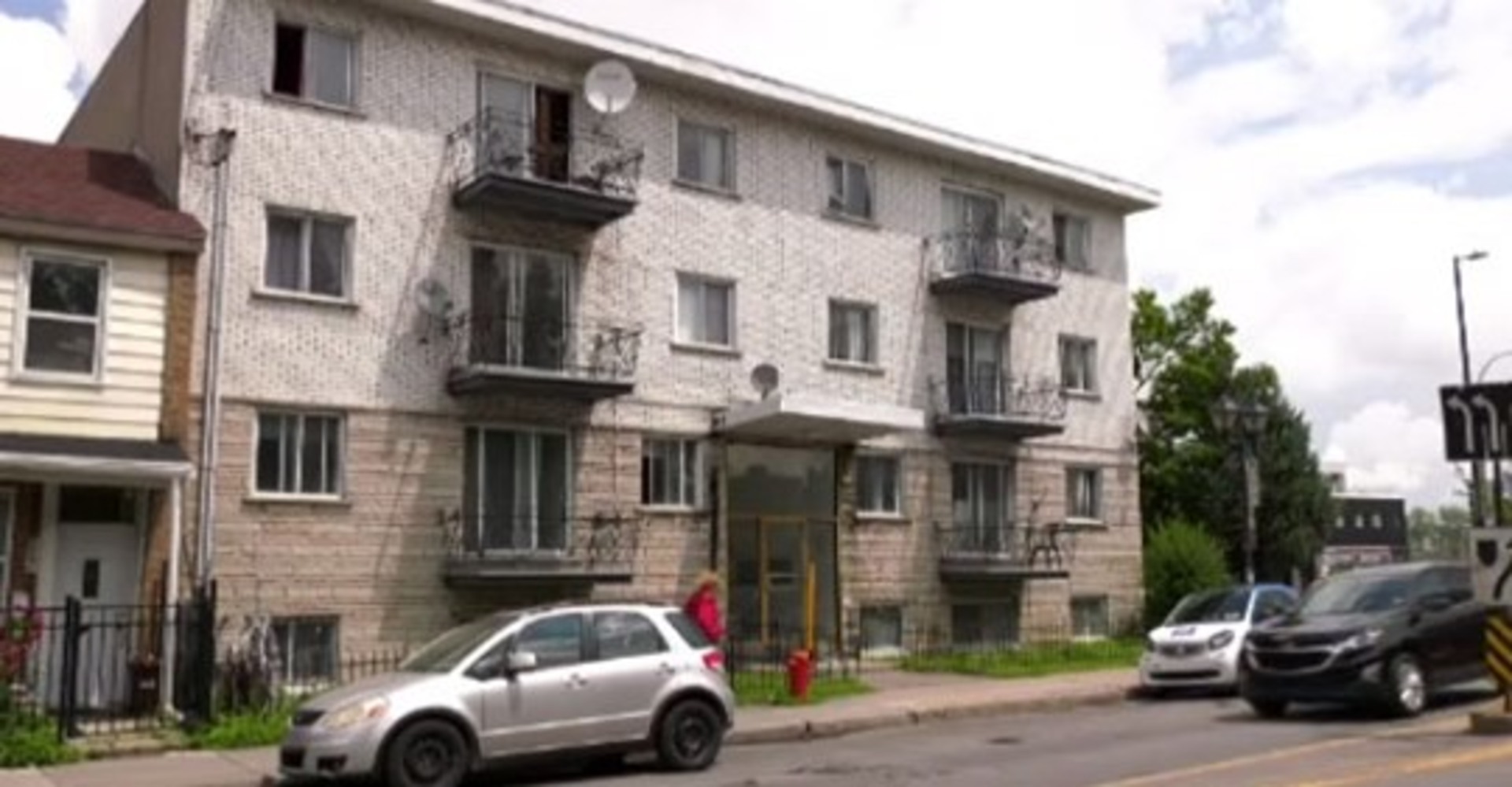Gentrification brings rising rent to notoriously affordable Park Ex!
02 Jul 2019
Montrealers looking for affordable places to live have often turned to Park Extension, but even that area of notoriously low rents is seeing rising rates, according to tenants’s rights activists.
The working class neighbourhood, which has been popular among newly arrived immigrants, is starting to price those same people out, said Sasha Dyck.
“I moved three years ago and I had to move again this year,” he said. “The rents have gone up about 25 per cent in three years and it’s not like the neighbourhood is 25 per cent better or nicer apartments.”
City councillor Mary Deros said the vacancy rate in Park Ex is the lowest it’s ever been.
“The vacancy rate this year is 0.7 per cent,” she said. “It’s never been so low in the past. I remember in the past every second house would have a ‘For Rent’ sign. Today, people have a hard time finding apartments.”
Gurinder Singh looked for a new home for two-and-a-half months. Now, he’s paying $870 a month for a three-and-a-half.
“It’s difficult because we have to leave our work just to look for apartments,” he said. “Go here, go there and everywhere.”
Dyck said the newly built Universite de Montreal campus in nearby Outremont is speeding up gentrification in Park Ex and the rising rent is driving people out of the borough.
“We’re looking at a doughnut effect like we see in major European capitals like Paris and London, where people can’t afford to live in centrally located neighbourhoods,” he said.
Deros said the city is looking for opportunities to buy more affordable and social housing.
“We tried to purchase a building, a kosher bakery at the corner of Querbes and Beaumont but unfortunately we were priced out,” she said. “Somebody came after we had voted (to spend) $2.2 million, somebody came and doubled the price.”
Dyck said one solution is to look for dilapidated areas and have the government step in.
“We need to take the already built but badly maintained apartment buildings so the city needs to buy them with money from the provincial government and fix them up for people to stay there at a low rate,” he said.
